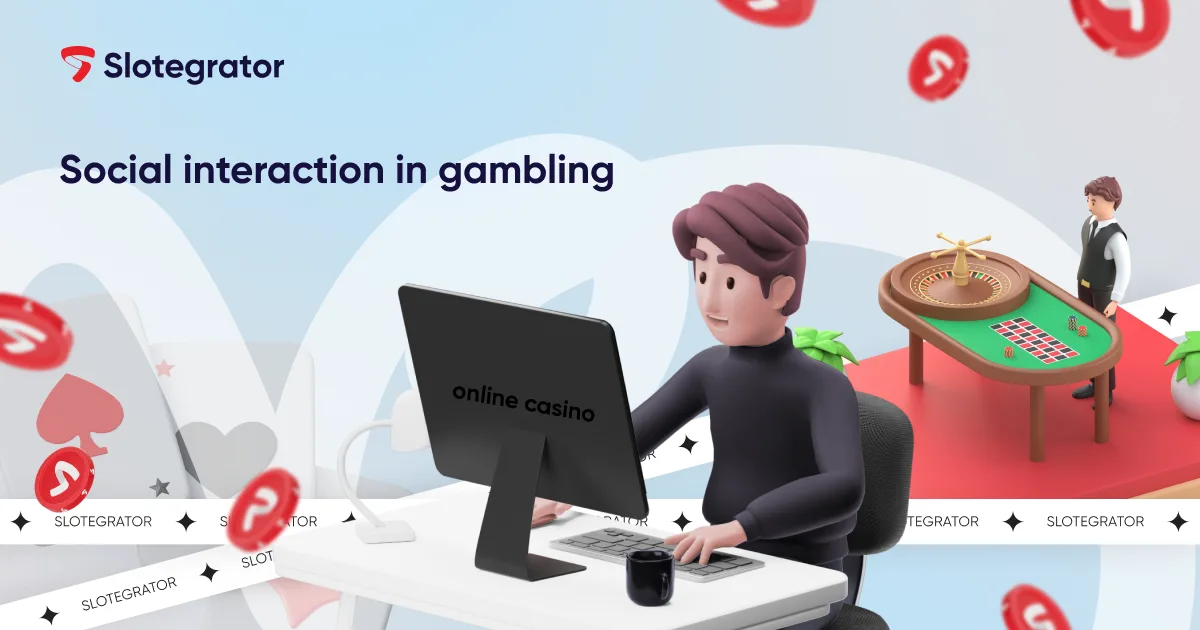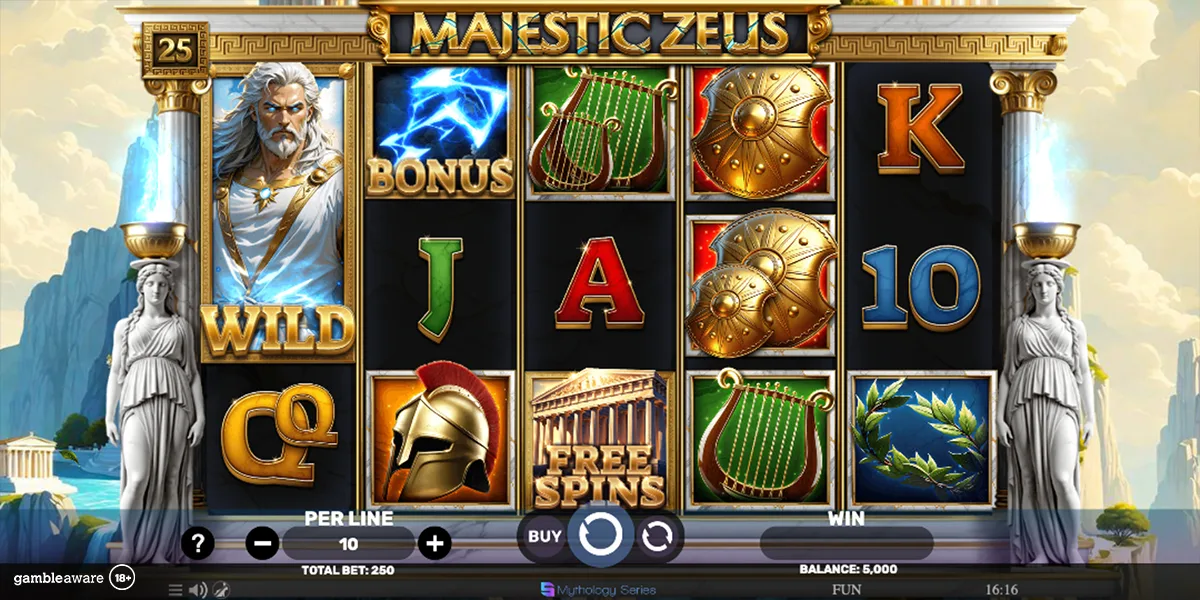We’ve all heard the complaint that mobile phones divide us more than they connect us. And for many, that’s true. Texting instead of calling, video chatting instead of actually meeting up, and sending emojis instead of saying how you feel all seem like poor, flimsy stand-ins for real, meaningful social connection…
…unless you were born between 1997 and 2012.
The term “Digital natives” gets tossed around so much, it’s easy to forget everything it entails. Basically, it’s that Gen Z was never disrupted by the most disruptive tech of the past few decades: the mobile phone. They grew up with it. Instead of having established social norms bent out of shape by the advent of texting and social media, members of this younger generation have always connected with each other online.
So, while social media’s reputation as a divisive force might be true for Millennials, Gen Xers, and Baby Boomers, Gen Z are a completely different story. For them, the first stop for socializing, dating, and entertaining yourself has always been their mobile phones. That’s not necessarily a bad thing, and it’s not going to change.
To appeal to a group of consumers, you have to tap into their beliefs. Members of Gen Z have their own set of values. They prize authenticity and feeling connected, and they would rather be active participants than passive observers. This is never more evident than in their betting preferences.
When it comes to sports betting, Gen Z players want to bet on things they’re already interested in. Yes, of course, this often means traditional sports, but there’s also huge interest in betting on esports, collaborative video games, often in the form of tournaments (another example of what it means to be a digital native; for many of them, traditional sports are “games my parents played when they were young”).
And when it comes to casino gaming, they enjoy more collaborative, strategic forms of gaming, up to and including social casinos. Social casinos might seem counterintuitive at first; what’s the point of a casino game where you can’t actually win money? But the question misses the point. The clue is in the name: ”Social” casino. The emphasis is on connection. Social casino games are an opportunity to chat with friends, making memories and cracking inside jokes, and then share their game results on social media.
Live casino games are another example. Not only is there a real, flesh-and-blood dealer rolling the dice or dealing the cards, but players can chat with both the dealer and the other players, creating a much more communal atmosphere than playing slots alone — something Generation Z is increasingly uninterested in. Instead, they’re much more likely to be interested in crash games, fish shooting games, and innovative blockchain-based games — especially those that include an element of strategy (remember, the more they can be an active participant and not a passive observer, the better).
Online casino and sports brands that embrace the change are reaping the rewards. Leaderboards, in-game chat rooms, and other means of connecting with other players are becoming an essential part of player retention schemes.
A recent survey by Deloitte found that 40% of Gen Z respondents socialize more in video games than they do in the real world. If you want, you could interpret this in the most negative way possible, saying “young people have lost the plot, they’re sitting inside playing games when they should be out in the sunshine.” Or, you could realize that instead of a social barrier, virtual formats like gaming are simply becoming the form that socialization takes. And then you could do what savvy business owners are doing, and make sure you offer your customers something they’re already looking for anyway: places to socialize online.
In the end, you have to remember that people always need the essentials: food and water, a roof over their head, and community. The food we ate and the homes we lived in 1,000, 100, and even 10 years ago aren’ the same as those we have today. Why shouldn’t socialization change?
Meeting friends online isn’t a form of isolation; it’s a form of convenience. It’s more and more common to form friendships based on shared interest instead of shared location, meaning that for many young people, their best friend might live 1,000 kilometers away. For Gen Z, there’s simply not such a big difference between a weekly poker night held in one of the player’s living rooms and one held on a poker site.
Gambling isn’t the same industry it was 30, 15, or even 5 years ago. Land-based casinos are recalibrating in the face of the digital revolution, focusing on alternative entertainment options to compensate for waning interest in in-person gambling. Gen Z players might gamble in Vegas or Macau, but they’ll do it on their mobiles while shopping or waiting in line to see the latest artist-in-residency.
Gen Z has a clear, undeniable preference for playing online. Could this, in time, spell the end of the land-based casino industry? Maybe, in the most extreme scenario. But what matters is that this generation is the face not of the end of the industry, but its transition — from a primarily brick-and-mortar phenomenon with online options to a great way to socialize and have fun online (“Can you believe our parents used to fly in a plane to go and gamble in actual casinos? So cringe.”)
In the modern economy, “online” doesn’t mean “alone.” For Gen Z, it’s the opposite. All forms of gaming are just another opportunity to connect with their peers. Smart business owners will take note and act accordingly.
ABOUT THE COMPANY
Since 2012, Slotegrator has been one of the iGaming industry’s leading software and business solution providers for online casino and sportsbook operators.
The company’s main focus is software development and support for online casino platforms, as well as the integration of game content and payment systems.
The company works with licensed game developers and offers a vast portfolio of casino content: slots, live casino games, poker, virtual sports, table games, lotteries, casual games, and data feeds for betting.
Slotegrator also provides consulting services in gambling license acquisition and business incorporation.
Read More: How to Promote Casino in 2024 – Top 5 Casino Marketing Strategies















